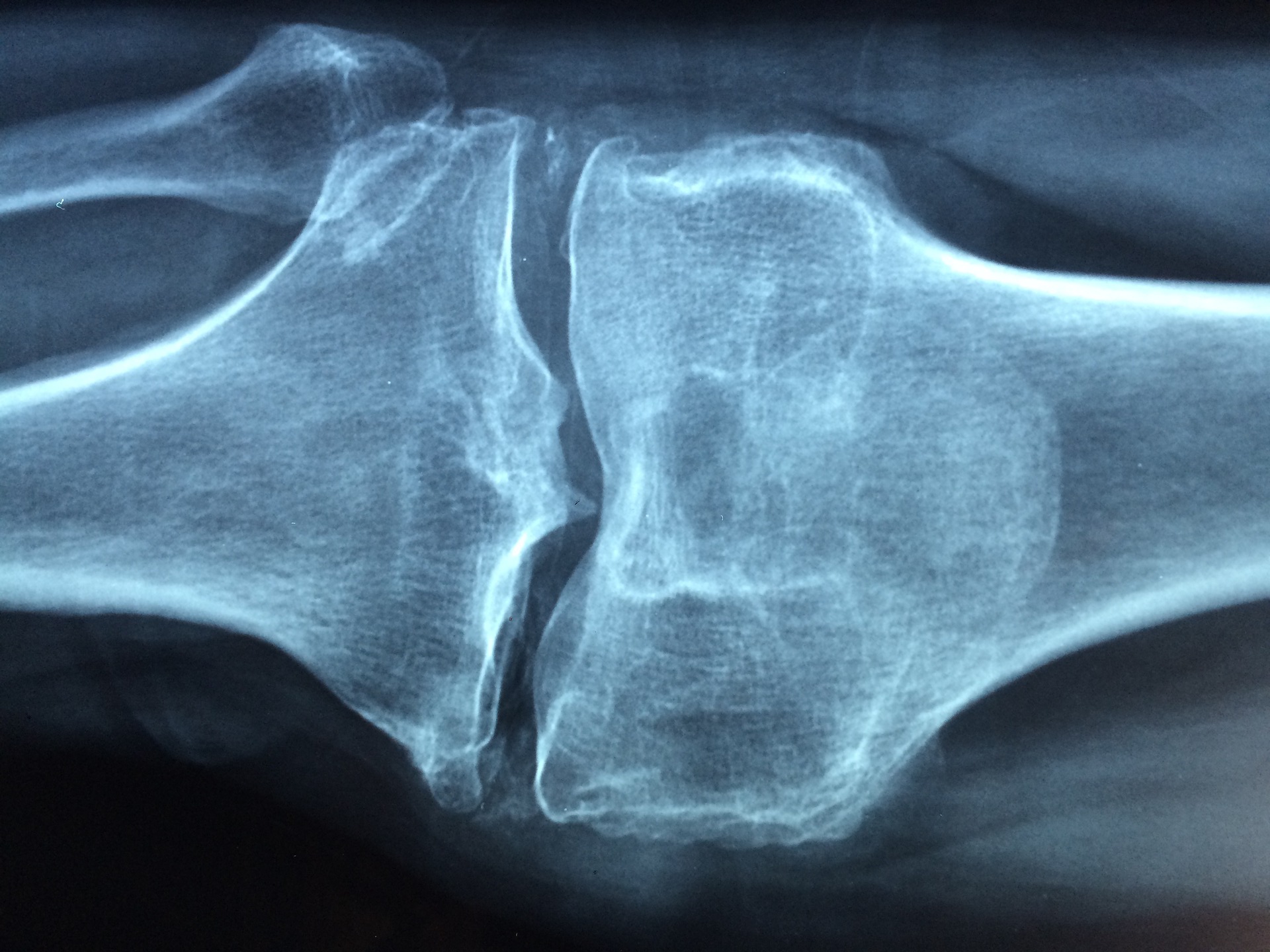- Details
- Category: Health
- Hits: 3322
Phytonutrients are natural components of plants with important functions such as protecting plants from insects, diseases, draught, ultraviolet rays, and pollutants. The best known phytonutrients are the polyphenols, carotenoids, flavonoids, catechins, and isoflavones. There are various sub-classifications of phytonutrients which include lignans, phenolic acids, and indoles. Flavones are present in vegetables such as parsley and celery, and flavones are present in tomatoes and other citrus fruits. Catechins are present in fruits, red wine, green tea and chocolate. Lignans are found in various legumes, cereals, grains, and flax seed. In addition to protecting plants against various pathogenic organisms and ultraviolet rays, polyphenols also act as antioxidant and anti-inflammatory agents.
- Details
- Category: Health
- Hits: 3626
NEWS
A new study has shown that older adults who are deficient invitamin D have a significantly increased risk of developing depression.
COMMENT
The finding of this study is in line with previous research which has shown that correcting vitamin D deficiency in depressed patients can improve their condition. In a study published in 2013, Iranian researchers found that, in a randomized clinical trial, a single injection of 300,000 IU of vitamin D was safe and effective in improving depression in patients who were vitamin D deficient.
Other studies have made similar findings and confirmed that natural approaches are safe and effective in controlling depressive conditions. A meta-analysis published in 2016 looked at 13 studies involving 1,233 participants and found that supplementation with omega-3 fatty acids can help reduce symptoms of even major depressive disorder.
Read more: Vitamin D Deficiency Associated With Significantly Increased Risk Of Depression
- Details
- Category: Health
- Hits: 3314
NEWS
Osteoporosis, a bone disease that can result in painful fractures – typically in the back, hip or wrist – is often thought of as a woman’s disease. But men get it too, just usually later in life than women.
COMMENT
Osteoporosis is the world’s most common chronic bone disease. Characterized by increased bone fragility, it is seen in all age groups, genders, and races. It is estimated that more than 200 million people globally suffer from this disorder.
Statistics from the International Osteoporosis Foundation suggest that 1 in 3 women over the age of 50 years and 1 in 5 men will experience osteoporotic fractures during their lifetime. Fortunately, therefore, through use of Dr. Rath’s Cellular Medicine approach, it is now possible to prevent and control the osteoporosis epidemic naturally, without drugs.
To learn about Dr. Rath’s Cellular Medicine approach to osteoporosis, read this article on our website.
https://www.dr-rath-foundation.org/2018/12/osteoporosis-not-just-a-womens-disease/
- Details
- Category: Health
- Hits: 2981
NEWS
Researchers at the University of Iowa Holden Comprehensive Cancer Center (UIHC) in the United States have received a $9.7 million five-year grant from the U.S. National Cancer Institute to study how high doses of vitamin C may help treat various forms of cancer.
COMMENT
With awareness growing regarding the beneficial role of vitamin C in the treatment of cancer, the blatantly false claims that the pharmaceutical and medical status quo has been making about chemotherapy and radiation treatments are no longer credible. Realizing that a cancer-free world is possible, patients are increasingly therefore demanding access to safe and effective natural health approaches.
In these latest studies, the UIHC researchers say they are planning to study high-dose intravenous vitamin C in the treatment of three of the deadliest cancers affecting the U.S. population: pancreatic cancer; non-small cell lung cancer; and glioblastoma, an aggressive type of brain cancer.
As useful as intravenous vitamin C is in the treatment of cancer, however, research conducted at under the direction of Dr. Aleksandra Niedzwiecki at the Dr. Rath Research Institute has already shown how carefully designed supplements containing combinations of micronutrients can bring results that are far superior to those from any single micronutrient used alone. Significantly, these combinations have been found effective not just in pancreatic cancer, lung cancer and brain tumors, but in ALL human cancer cell lines tested.
To learn more about the Dr. Rath Research Institute’s breakthrough cancer studies, download free copies of the chapters from Victory Over Cancer, the life saving book by authored by Dr. Rath and Dr.Niedzwiecki.
Read article at dailyiowan.com (United States)
- Details
- Category: Health
- Hits: 1986
Curcumin is the most abundant natural phenol (curcuminoid) present in turmeric, the Indian curry spice, and gives it its yellow color. Obtained from the rhizomes of the Curcuma longa plant, turmeric powder is used extensively in South-Asian cooking and food preservation. Due to its various medicinal properties, turmeric is still used in Ayurvedic medicine for skin, respiratory and gastrointestinal ailments, liver disorders, muscle sprains, joint pains and wound healing. In the past few decades, curcumin has been studied to evaluate its anti-oxidant, anti-inflammatory and immune modulation properties.
As antioxidants, curcuminoid compounds help maintain a healthy cardiovascular system by improving the viscosity of blood and reducing plaque formation in the arteries, both of which obstruct proper blood circulation. Recent studies show that curcumin helps maintain cholesterol levels by reducing low-density cholesterol (LDL) and triglyceride levels1. In addition, it can reverse insulin resistance in the early stages of diabetes and support the action of some antidiabetic prescription drugs.
By acting as a free radical scavenger curcumin can prevent oxidative DNA damage. This damage to cellular DNA is known to initiate cancer by converting a normal cell into a cancer cell. The anti-cancer properties of curcumin include various cellular mechanisms such as reduction in cancer cell growth, initiation of apoptosis (cancer cell death), inhibition of collagen digesting matrix metalloproteinase (MMP) enzymes and prevention of angiogenesis. By inducing the enzymes involved in cell death, curcumin can selectively eliminate cancer cells formed in the organ systems. Moreover, curcumin demonstrates actions very similar to the most recently developed anti-cancer drugs, such as Herceptin, Humira and Avastin etc., all of which have dangerous short- and long-term side effects2. While these drugs are immune suppressors, curcumin has potent immune modulator properties as it can activate the white blood cells (WBCs, or “police cells”) and natural killer cells that help in fighting infections.
We studied the efficacy of the combination of curcumin, quercetin, resveratrol and other natural plant derived compounds against melanoma (skin cancer) cells3. This specific mixture exhibited significant anti-cancer effects by inhibiting cancer cell growth by 80% and completely blocking the MMP enzymes responsible for the growth and spread of cancer. This combination also induced apoptosis in melanoma cells. The number of dead cells increased with larger doses of the mixture.
Curcumin’s anti-inflammatory potential is one of its most commonly researched aspects. It helps reduce inflammation by regulating inflammatory markers, such as cyclooxygenases (COX) enzymes and cytokines. COX-2 enzyme inhibitors are the most frequently prescribed non-steroidal antiinflammatory drugs (NSAIDs) for symptomatic relief of arthritic pain. However, clinical trials have proven that curcumin supplementation is as effective as ibuprofen and other NSAID painkillers in reducing the symptoms of arthritis. In addition, curcumin possibly reduces the cartilage degradation that is responsible for painful joints.
Due to its unique ability to cross the blood-brain barrier (a protective mechanism that maintains a constant environment around the brain), curcumin is being studied extensively in many types of dementia including Alzheimer’s disease. It has been shown that in synergy with vitamin D it can reduce the amyloid plaques that are characteristic of Alzheimer’s disease.
With such multi-faceted health promoting actions, curcumin is more than just a “curry spice” and should be included in our daily health regimens.
Page 2 of 4






